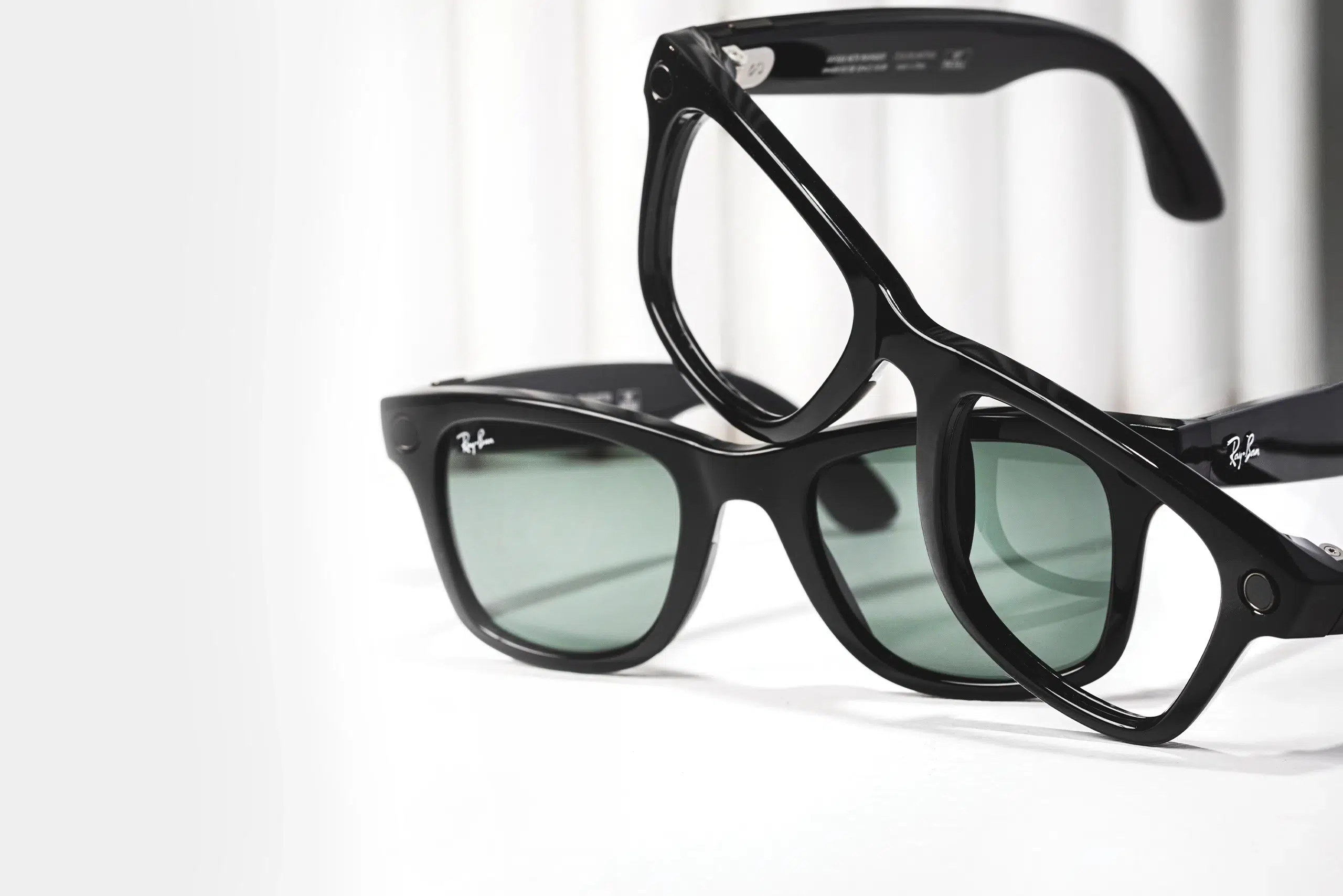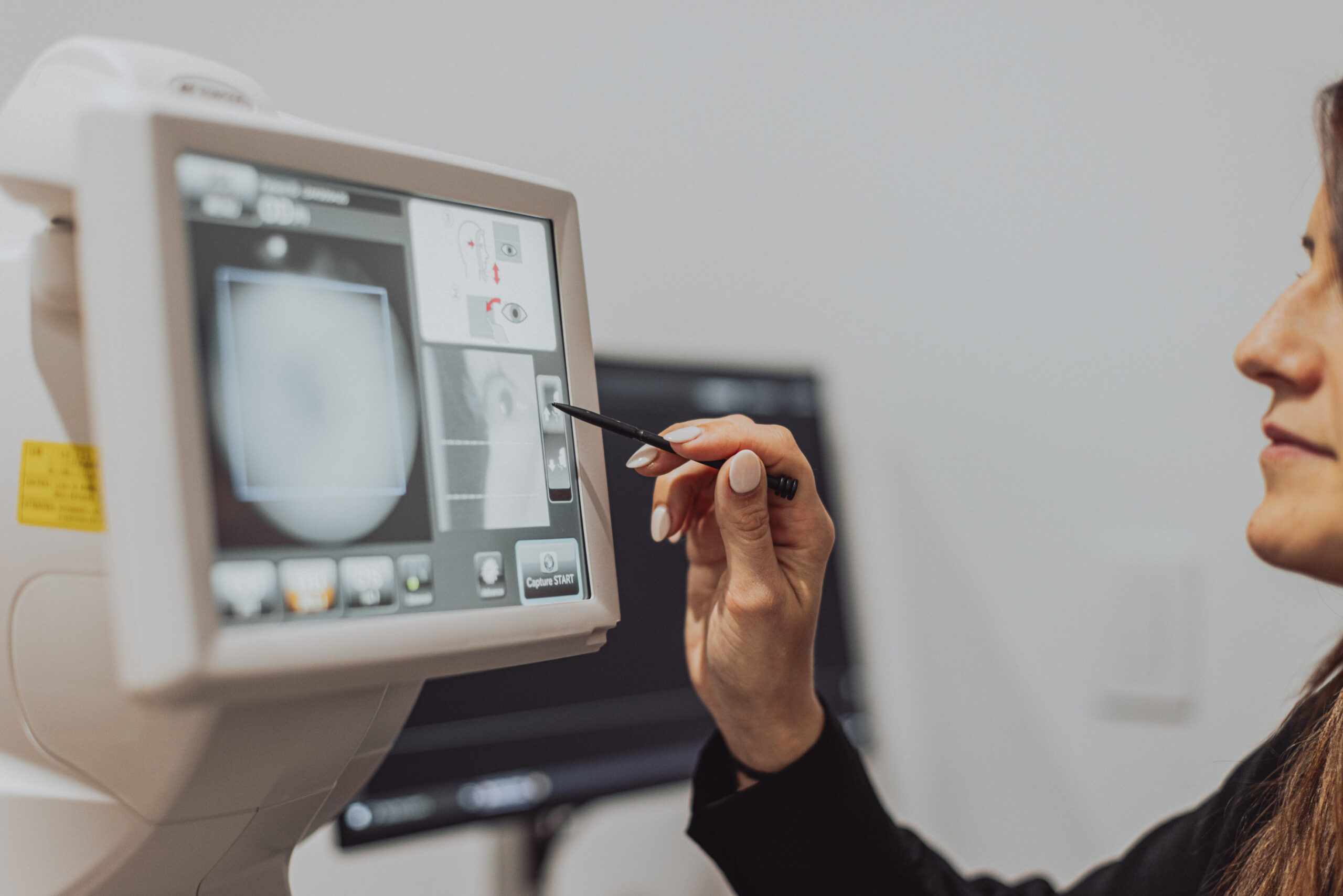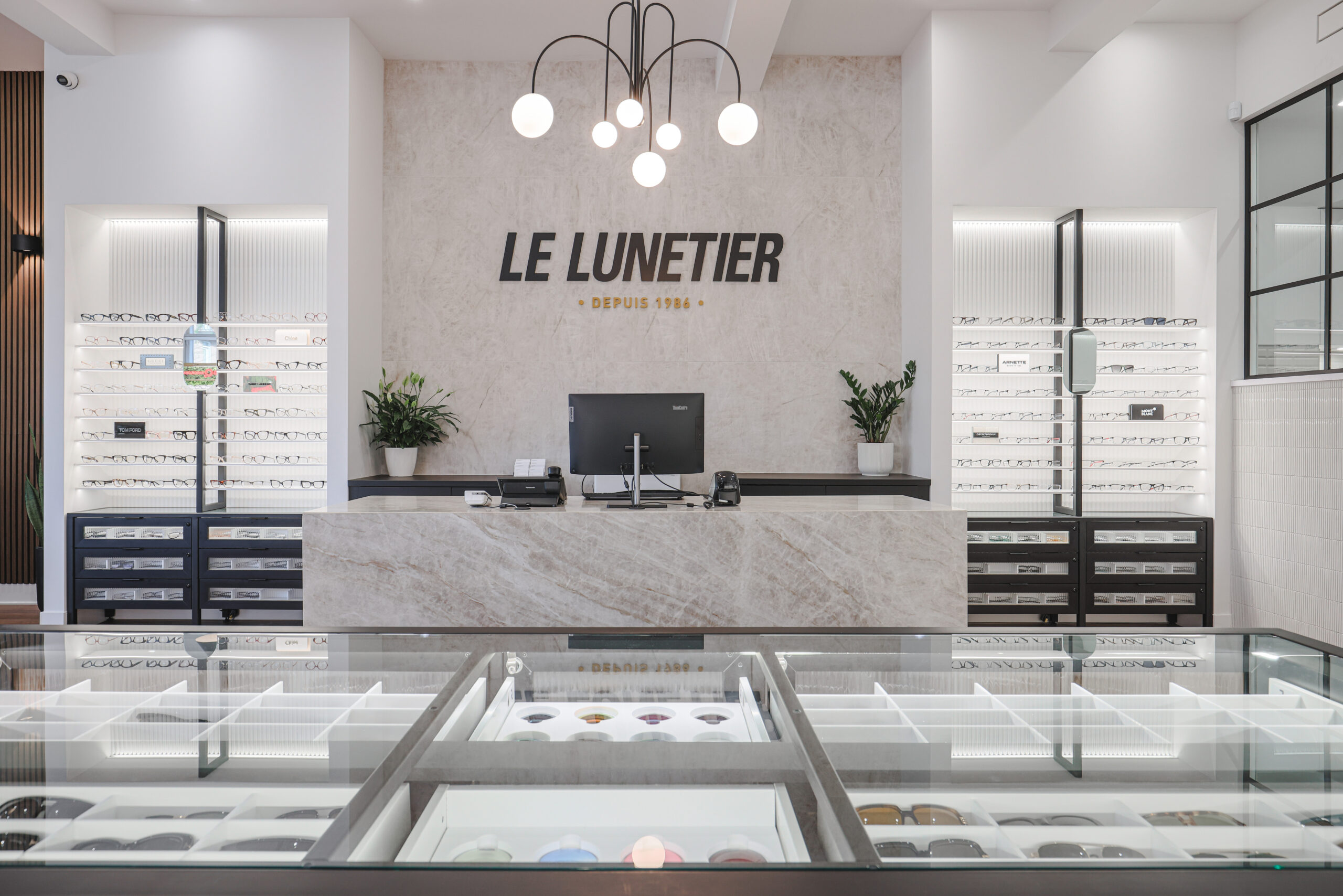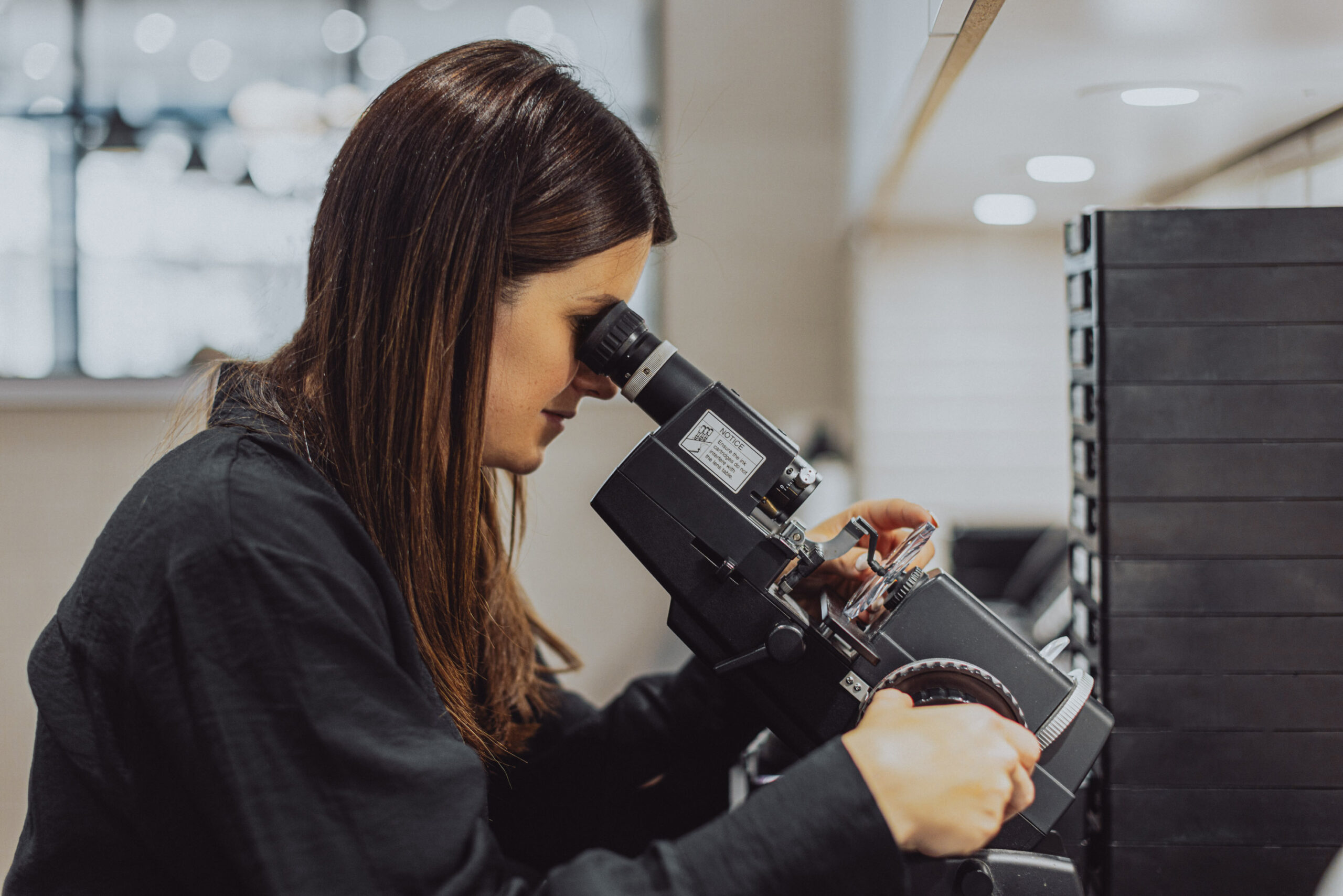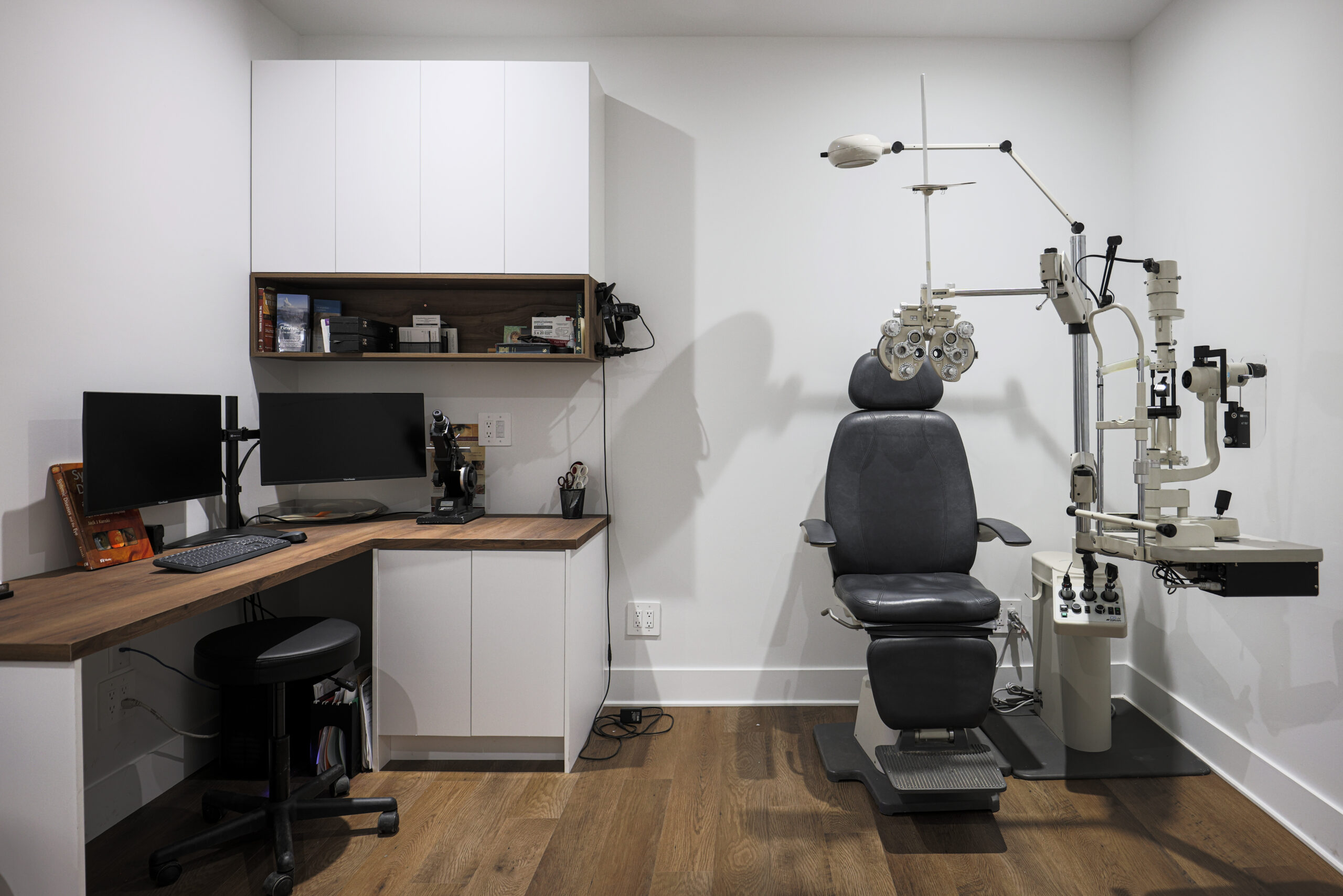Our commitments
LIFETIME 30% OFF*
Become a VIP member and enjoy 30% off for life* on your frames and prescription lenses.
*Conditions apply. See our PROMOS section for details.
BEST QUALITY AT THE BEST PRICE
We offer the highest quality frames and lenses with the best service at the best price – it’s guaranteed!
